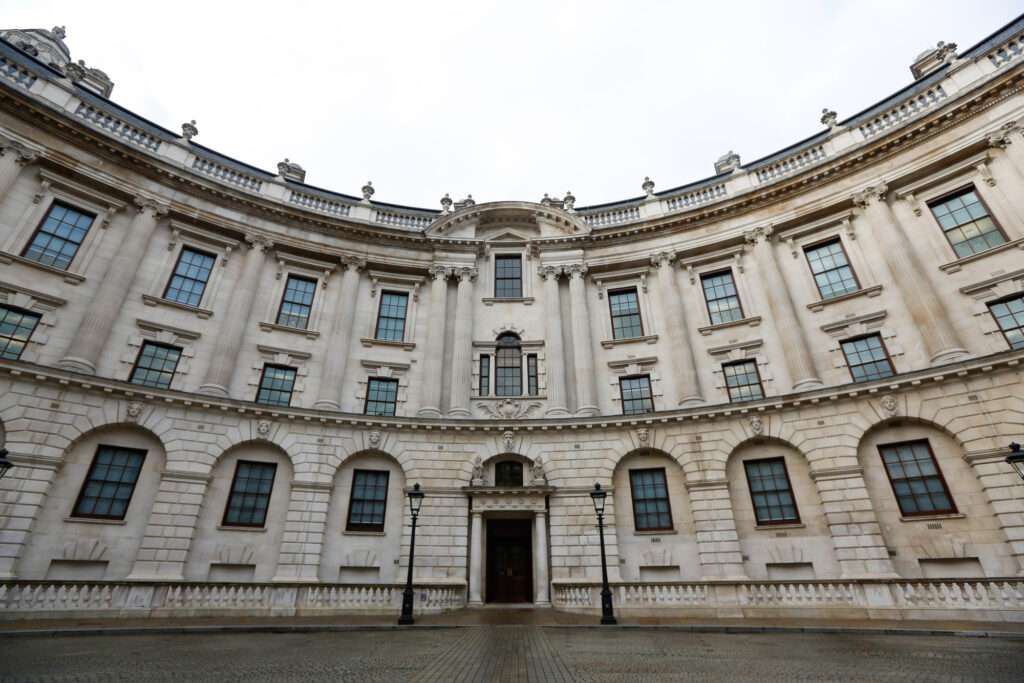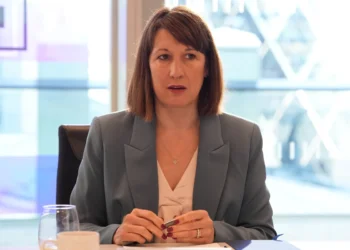Chancellor Rachel Reeves is set to announce a delay in several major road and hospital projects.
This decision, part of a broader strategy to manage a purported £20 billion shortfall left by the Conservatives, will be unveiled in her Treasury audit report to the Commons on Monday, July 29.
Central to Reeves’s plan is the approval of an above-inflation pay rise for public sector workers.
Reeves is expected to argue that she has inherited numerous capital projects deemed “unfunded with unfeasible timelines.” This audit report will provide an early indication of the government’s priorities and fiscal commitments.
Among the projects at risk are the £1.7 billion Stonehenge tunnel on the A303 and the £9 billion Lower Thames Crossing, a 14-mile road and tunnel east of London.
Additionally, the Conservatives’ ambitious pledge to build or expand 40 NHS hospitals by 2030 is under scrutiny. Labour sources highlight that many of these projects have become increasingly unfeasible due to soaring cost estimates driven by higher inflation.
The Stonehenge tunnel project’s fate remains uncertain, pending a ruling from the Court of Appeal, which is expected in early autumn.
Similarly, the future of the Lower Thames Crossing is in doubt following a six-month delay in decision-making attributed to the general election.
Health Secretary Wes Streeting recently addressed the House of Commons, expressing skepticism about the feasibility of the new hospital program meeting its 2030 deadline.
He remarked, “I want to see the new hospital program completed, but I am not prepared to offer people false hope about how soon they will benefit from the facilities they deserve.”
In contrast to the project delays, Reeves is poised to endorse recommendations for public sector pay increases.
Pay review bodies for the NHS and education sectors have suggested a 5.5% rise, with similar advice likely for other sectors including doctors, dentists, armed forces, prisons, and police officers.
Economists estimate the cost of these increases could reach up to £10 billion.
These pay rises aim to counteract years of declining wages, address staffing shortages, and prevent further industrial action.
Reeves is expected to justify these increases by emphasizing the economic damage caused by the waves of strikes under the previous government.
Reeves Faces Fiscal Challenges, Advocates Pay Rises
Analysis requested from Treasury officials revealed that each day of teachers’ strikes cost the economy £300 million in lost working hours, while NHS strikes amounted to a total cost of £1.7 billion to taxpayers.

Despite the challenging economic context, Reeves will argue that the pay rises are a necessary investment to avoid further economic disruption.
She will contend that the Conservative government’s mismanagement has left the country in a precarious financial position, necessitating tough decisions to stabilize the economy.
The funding for these pay increases has not been accounted for in current spending plans, necessitating the identification of resources from existing headroom, fiscal rule changes, or potential tax increases in the upcoming budget.
Before the election, Reeves had refrained from committing to a public sector pay rise, stating the need to review the financial situation first.
However, she recently hinted at accepting the pay bodies’ recommendations, acknowledging the “cost to not settling” ongoing negotiations.
Labour insiders attribute the £20 billion public spending gap to the Conservative government’s policies, describing it as a “shocking inheritance.”
They criticize the former chancellor for creating a fiscal “black hole” while continuing to advocate for tax cuts.
The audit is still ongoing, and the final figure may fluctuate as officials scrutinize each department’s spending commitments.
In her Commons address, Reeves will confirm the date of the budget, anticipated in late October or November, and outline plans for a spending review.
She will also address immediate pressures in areas such as the asylum system, prison capacity, welfare, defense, and local councils, detailing the government’s strategies for addressing these challenges in the short term.
Reeves’s forthcoming statement marks a significant moment for the new administration, as it sets out to navigate the economic landscape left by its predecessors while making bold commitments to public sector workers and fiscal responsibility.
READ ALSO: NDC Launches 2024 Campaign in Tamale, Citing Strategic Choice of Party Stronghold





















